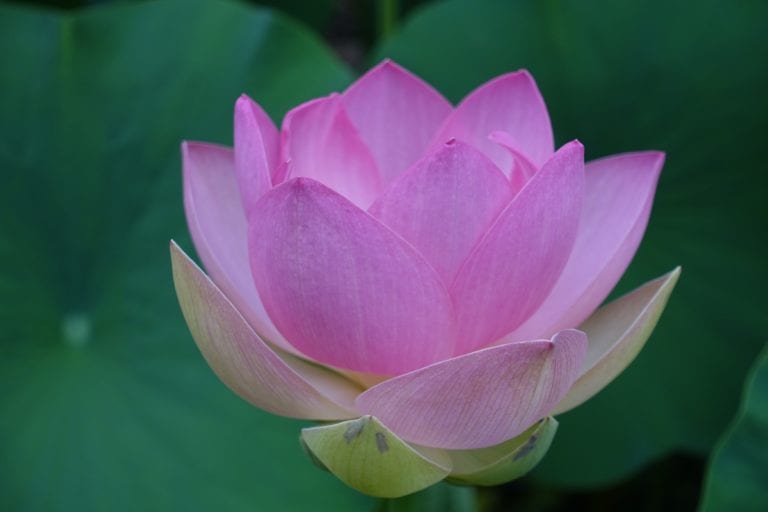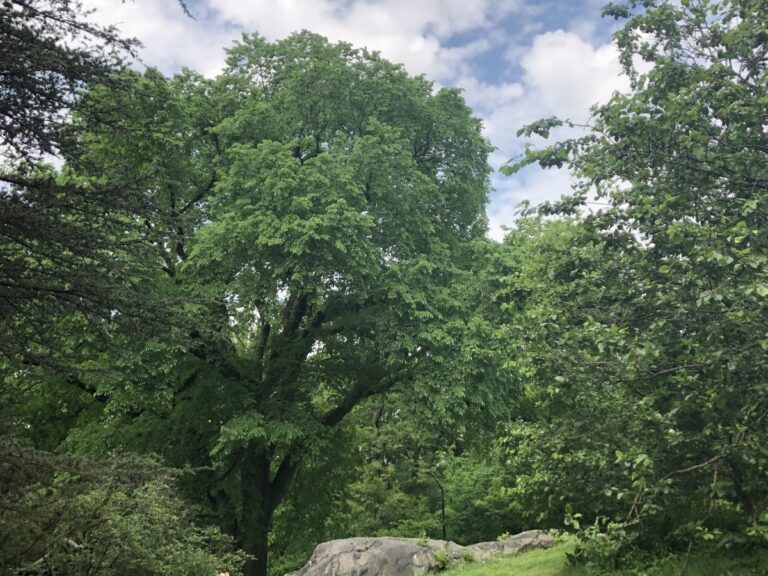Similar Posts

739th Week: Re-centering, Re-centering, Re-centering
There is no question that we live in stressful times and that the challenges facing humanity and the planet are of global proportions. Those of us who pay attention to science reports and environmental conditions understand the dangers we have helped to generate around environmental degradation. Those of us who pay attention to social sciences and to social movements understand that humanity is currently going through a powerful time of polarization between people who are deeply afraid of, and feel threatened by, certain “others” and people who are comfortable experiencing connection to all members of their global family.
Collectively, we are in a time of intense activation, from a trauma perspective, and one of the key antidotes to this kind of activation is finding out how to re-center, re-ground, and re-stabilize ourselves. When our brain is triggered into a threat response, we perceive through that lens and it can be very challenging to re-center and settle ourselves down. Fortunately, there is help available, as many people currently share ways to help ourselves find that place inside us that is always steady, even when we feel quite unstable.
Read More “739th Week: Re-centering, Re-centering, Re-centering”
2024 November Meditation
This month, we continue to focus on orienting to our optimal life, remembering to do so with an open heart. We remember that we are a unique expression of the Life that lives us and that we can practice “not knowing” so that we remain open to optimal possibilities that come our way. With our stance of “not knowing”, potentially limiting beliefs and preconceptions stay out of the way as we invite Life to live us into our optimal expression.
Here’s the audio version, with music:
If you’d rather do the meditation with images from nature, here’s the YouTube version:

716th Week: Blaming the Victim
One of the books from graduate school that powerfully impacted me was “Blaming the Victim”. I was in a class where I focused my work on shame—collective and individual—and got deeply immersed in how we tend to blame the victim as a way to validate our beliefs and actions. The impact of that class, and particularly the above book, has never left me. It started me on a 40+ year journey of tracking my own internal process of judging and blaming, catching myself when I can and challenging my own rationalizations about what’s happening to people locally and around the world. Even with this practice, I know that there are countless times when I engage in blaming the victim, unaware of my own biases and limiting beliefs.
As I watch the current situation in the United States—and we are not alone in our mistreatment of people we consider to be “other”—I not only feel deep heartache and distress, but am also keenly aware of how vividly a “blaming-the-victim” mentality seems to have captured the minds of those in power. That this stance lacks empathy goes without saying. The deeper problem is that blaming victims allows us to remain unaware of our privilege, of our seemingly justifiable disconnection from the suffering of others. Read More “716th Week: Blaming the Victim”

760th Week: Heart-Centered Living
As I wrote this practice, I was on vacation and had planned not to do any work-related activities while out of town. I spent the first week in a family-oriented resort that touched me in a way that has stayed with me and left me wanting to share what I feel is the underlying dynamic that brought a vividly heart-centered experience to me.
One of the themes I’ve written about many times is the importance of recognizing that every quality we express is its own frequency. We radiate qualities and frequencies as we move through the world and this is true of individuals, groups, and places. I’ve written before about how it can be a powerful experience to tune into the quality of a building or a place in nature and to resonate with what you find there.
At this particular family resort, there was a pervasive quality of what I can only call “happiness”. As a trauma specialist, it was heart-opening and heart-nourishing to watch parents with children of all ages interacting with kindness, interest, and a focus on fun. Again and again, I saw parents engaged in play with their children, and families engaged in enthusiastic and laughter-filled “team” activities. Even the trees and many animals around the property—deer, chipmunks galore, birds, geese, fish, and the occasional bear—seemed to also resonate with a fundamental and underlying experience of being welcomed and at ease.
Read More “760th Week: Heart-Centered Living”
874th Week: The Space That Connects
One of the practices I’ve followed for many years is to take time to notice that the space that we think separates us actually is what connects us to absolutely everything else. Notice what happens when you think of space as that which connects—everything to everything else. It can help to break the habit, the illusion, of separateness, the habit of thinking that we are disconnected from the complexity of relationships all around us.
Here’s a meditation practice to explore:
- To begin, find a place where you can sit up, supported and alert and yet also relaxed.
- Bring your awareness to the place in you that you recognize as your internal home base. Many people find this when they follow the next out-breath all the way down to the bottom of the breath and notice where they naturally settle.
- In your internal home base you also find your radiating core presence, the unique energy signature that arises from your core.
- Take a few moments, now, to become even more aware of the quality and tone you radiate throughout your body-mind being and then out into the environment around you. We touch everything with our presence.
- Now, notice your body, this amazing, complex organism that allows you to be here in this world. Notice how your body supports your consciousness, your presence.
- Next, notice the surface under you and the way in which your body receives that support. Remember, support is a reciprocal process—it is offered and then it is received.
- Bring your awareness, now, to the environment around you and notice the quality and tone of that environment. It is comprised of the presence of everything in it coming together to create a particular quality.
- Next, open your eyes if they aren’t already open and look around your environment. Notice the space between you and something else. Notice what you experience when you remember that the space between you is actually what connects you.
- Take some time to experience the space that connects you to everything in your environment.
- Then, if this appeals to you, extend your awareness to the space outside your immediate environment and continue to expand your awareness, recognizing that there is nothing you are not connected with through the space around you.
- Spend some time, now, simply being present to this inescapable fact of being connected to everything because of the space that connects. That space is everywhere and connects you to everything.
- Notice what happens in your body, in your emotions, and in your thoughts as you take in this experience of connection. Be sure to allow any mixed feelings to arise to have a place in your awareness. Because of our wholeness, it’s normal, if not inevitable, to have mixed feelings from time to time and it’s a gift to make room for whatever arises. Your awareness can make room for it all, so you don’t have to leave anything out.
- Take a few moments to imagine how you might move through your daily activities if you were able to maintain an awareness of the underlying connection between you and everything else.
- When you’re ready, bring your awareness back to your core, to the radiating note of your unique energy presence. Feel the support of your body, of the surface under you. Then, wiggle your fingers and toes to bring yourself all the way back.
As with all these practices, please remember to bring along curiosity as your constant companion and to pat gently on the head any judgments that may arise, allowing them to move on through without your having to do anything with or about them. And, as always, explore this practice in whatever ways work best for you and be sure to change whatever doesn’t work for you in the way I’ve offered it.